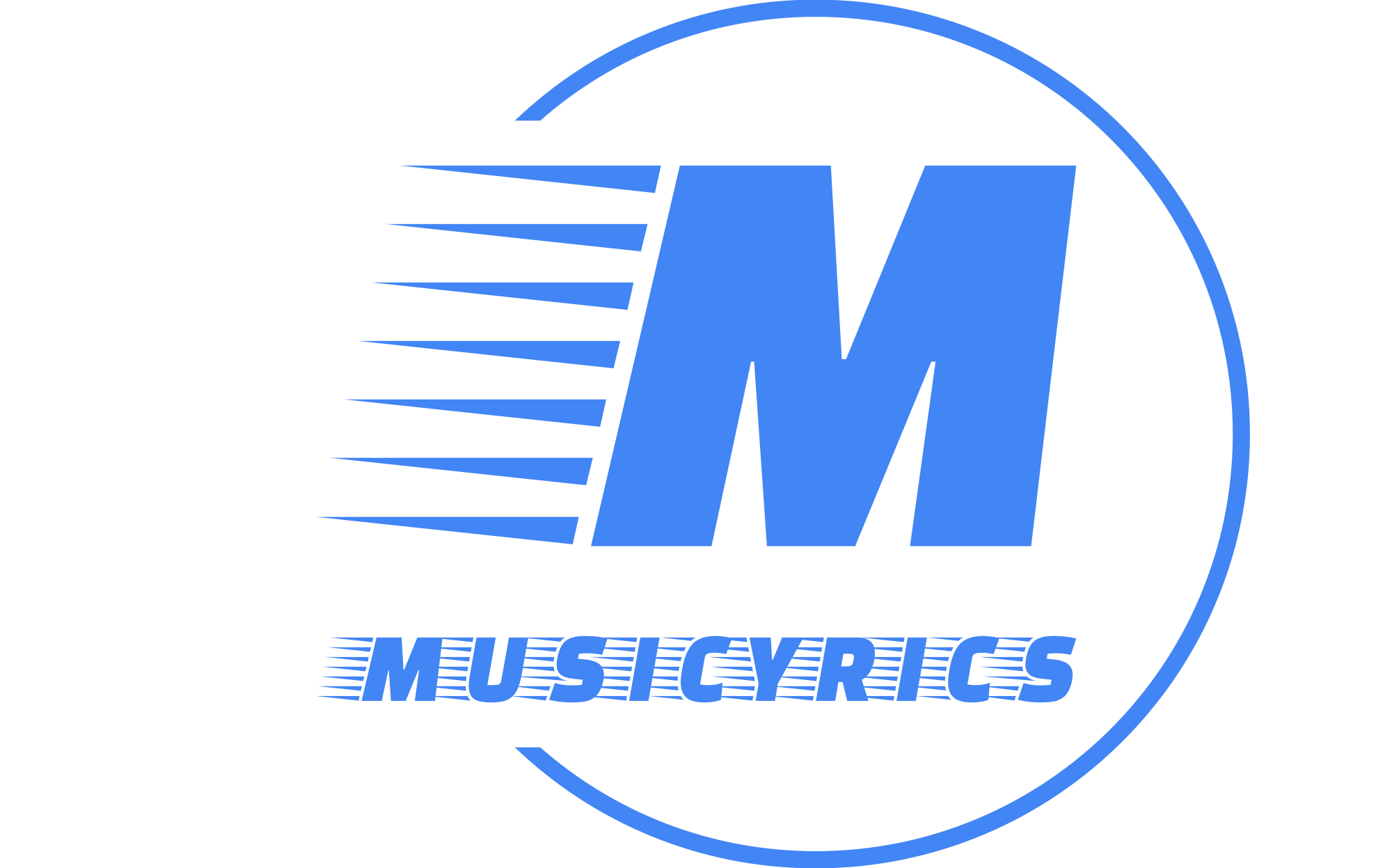
- AI tool moderately successful in predicting low-risk kidney injury.
- Struggles to identify high-risk patients and severe cases.
- Further study needed before clinical implementation due to potential false positives.
Researchers at Mass General Brigham Digital tested an AI tool called the Epic Risk of HA-AKI model to predict the risk of kidney injury in hospitalized patients. They analyzed data from nearly 40,000 patient encounters and found the tool performed moderately well overall. However, its ability to identify high-risk patients and severe cases was limited. This raises concerns about potential false positives and unnecessary interventions if implemented without further refinement.
Lead author Dr. Sayon Dutta emphasizes the need for further study before using this tool clinically. He states, “The model performed better at ruling out low-risk patients than identifying high-risk ones. While predicting HA-AKI risk with AI could aid clinical decisions, more research is crucial before implementation.”
These findings highlight the potential of AI in healthcare, while also underlining the importance of rigorous testing and validation before relying on AI models for critical medical decisions.














